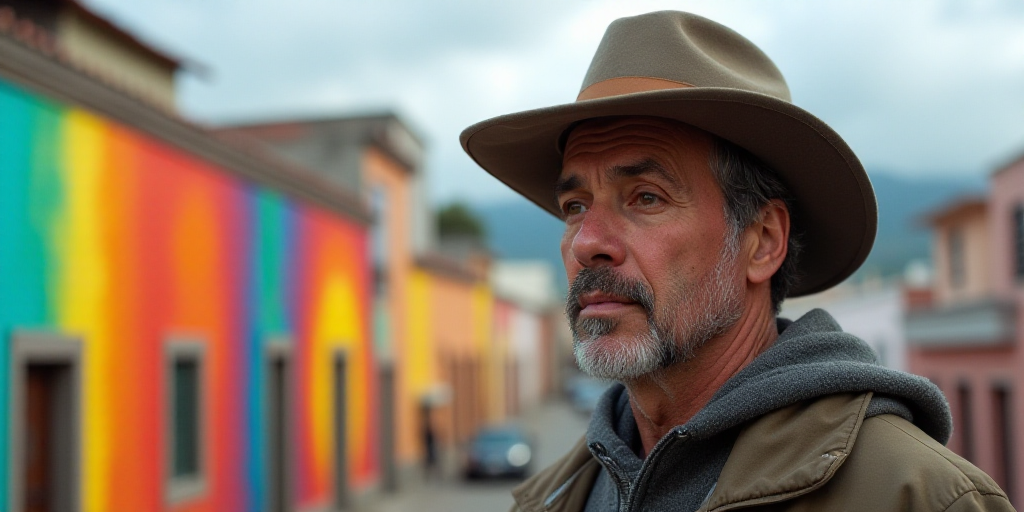US Tensions with Venezuela Escalate
President Donald Trump issued a stern warning to Venezuela, stating that any Venezuelan aircraft posing a threat to US forces in the Caribbean would be “shot down.” This declaration came after Venezuelan fighter jets reportedly buzzed a US naval vessel in the region.
US Accusations Against Maduro
The United States has accused Venezuelan President Nicolas Maduro of leading a drug trafficking network and recently increased the reward for his capture to $50 million. When asked if the US seeks a regime change in Caracas, Trump avoided the question, stating, “We don’t want drugs that are killing our people.”
US forces stationed off the Venezuelan coast launched a missile strike against a vessel allegedly carrying drugs on Tuesday. In this unprecedented regional attack, 11 “narco-terrorists” were reportedly killed, according to Trump.
Maduro responded by saying, “With all respect, I tell Mr. President Trump: Venezuela is a country that respects and expects to be respected. Those intelligence reports you’re getting are not true. Venezuela today is free of coca leaf production, cocaine, and is a country that fights drug trafficking.”
He further emphasized, “No differences between us and we have had can justify a military conflict. Venezuela has always been willing to talk, to dialogue.”
UN Reports and US Operations
While UN annual reports do not classify Venezuela as a drug-producing country, its role as a distribution hub for narcotics is highlighted by experts. The US has traditionally relied on routine police operations rather than lethal force to seize drugs in the Caribbean.
Trump claimed that “the boat traffic in that area has dropped significantly” following the attack. This escalation coincided with US Secretary of State Marco Rubio’s tour of Mexico and Ecuador, where he signed new alliances to strengthen the fight against organized crime and illegal migration. Rubio warned that allied governments in the region would assist in locating and, if necessary, eliminating these individuals.
Venezuelan Military Mobilization
In response, President Maduro has mobilized the Venezuelan military, consisting of approximately 340,000 personnel, and reservists—claimed to exceed eight million—alleging “the greatest threat our continent has seen in the last 100 years.”
He opened registrations for the Bolivarian Militia, a civilian body within the armed forces with strong ideological leanings. A vibrant, bustling civilian procession on motorcycles traveled through Caracas’ highways as part of the “armed people’s movement.” Similar demonstrations occurred in other cities.
By labeling drug-trafficking groups as terrorist threats, the US has access to its entire legal arsenal passed after the September 11, 2001 attacks, significantly expanding its capacity to monitor potential targets and carry out lethal actions globally.
Key Questions and Answers
- What is the main issue between the US and Venezuela? The primary point of contention is drug trafficking, with the US accusing President Maduro of leading a narco-trafficking network.
- What actions have the US and Venezuela taken recently? The US launched a missile strike against a vessel suspected of drug trafficking off the Venezuelan coast. In response, Venezuela buzzed a US naval vessel with fighter jets.
- How has the US justified its actions? The US claims it is using all available resources, including those expanded post-9/11, to counter the perceived terrorist threat of drug trafficking groups.
- What is Maduro’s response to US accusations? Maduro denies the drug trafficking allegations and asserts that Venezuela is a country free of drug production and actively combating narcotics.
- How has the situation escalated militarily? Both sides have mobilized their military forces, with the US increasing surveillance and Venezuela opening registrations for civilian militias.






